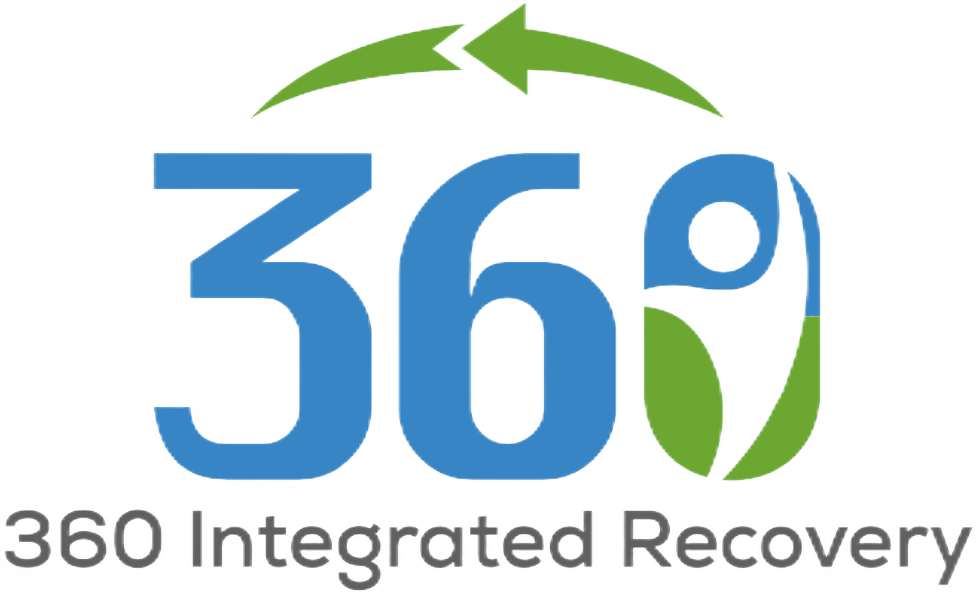Understanding the intricate relationship between mental health and addiction is paramount in the realm of recovery. Often intertwined, these two aspects of health can influence one another significantly, and comprehending this connection is key to developing effective treatment strategies.
Understanding the Link
Mental health disorders and substance use disorders often occur simultaneously, a phenomenon known as co-occurring disorders or dual diagnosis. According to various studies, individuals with mental health disorders are twice as likely to suffer from a substance use disorder and vice versa. Conditions such as depression, anxiety, post-traumatic stress disorder (PTSD), and bipolar disorder are commonly seen in those battling addiction.
There are several theories to explain the link between mental health disorders and addiction.
Self-Medication Theory: Individuals with untreated mental health conditions may turn to drugs or alcohol as a form of self-medication. Substances might temporarily relieve symptoms of their mental health disorder, leading to substance dependency over time.
Common Risk Factors: Certain factors increase the risk for both mental health disorders and substance use disorders. These can include genetics, stress, trauma, and early exposure to drugs or alcohol.
Substance-Induced Mental Health Disorders: Long-term substance use can lead to changes in brain chemistry that increase the likelihood of developing a mental health disorder.
Navigating Dual Diagnosis
Addressing dual diagnosis can be complex due to the interconnected nature of mental health and addiction. A comprehensive approach, focusing on treating both conditions concurrently, can yield the most effective results.
Treatment centers like 360 Integrated Recovery recognize the importance of integrated treatment plans. They offer services that address both mental health and addiction, providing therapies like cognitive-behavioral therapy (CBT), dialectical behavior therapy (DBT), and medication-assisted treatment (MAT), among others.
The Role of Family and Community
In dealing with co-occurring disorders, the support from family and community is pivotal. They can help create a supportive, non-judgmental environment for the individual, encourage adherence to treatment plans, and aid in recognizing early signs of relapse.
Prevention and Early Intervention
Understanding the link between mental health and addiction highlights the importance of early intervention and prevention strategies. Implementing mental health education, promoting healthy coping mechanisms, and encouraging early treatment can significantly reduce the risk of developing a substance use disorder.
By shedding light on the connection between mental health and addiction, we can tailor more nuanced, comprehensive, and effective treatment plans. Facilities like 360 Integrated Recovery that champion a holistic, integrated approach are at the forefront of addressing the complexities of co-occurring disorders. By focusing on treating the individual as a whole, rather than as separate conditions, we stand a better chance of breaking the cycle of addiction and ushering in a healthier future.




